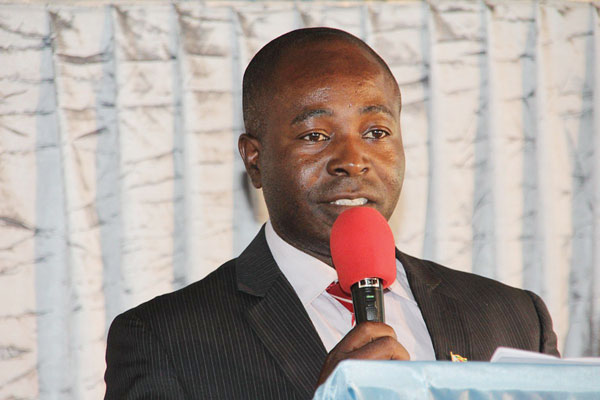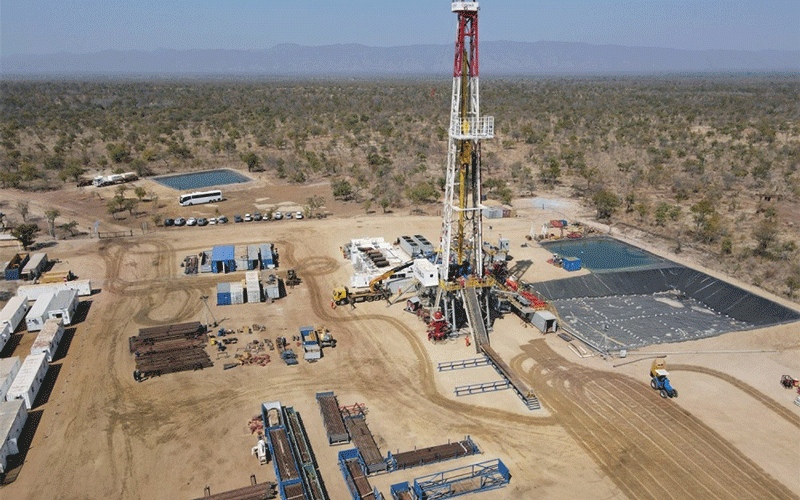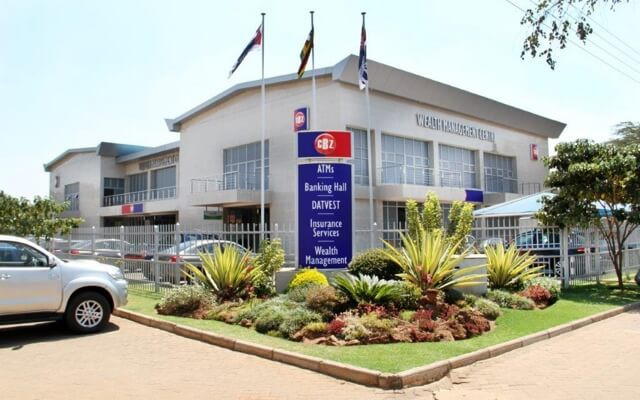
BY TATIRA ZWINOIRA
THE Confederation of Zimbabwe Retailers (CZR) has been mandated by the government to organize a business team to take to the Dubai 2020 Expo, NewsDay has learnt.
The Dubai Expo 2020 was originally scheduled for October 20, 2020 to April 10 this year in the United Arab Emirates, but had to be rescheduled to October 1, 2021 – March 31, 2022 owing to the COVID-19 induced lockdown.
The Expo is an annual event meant to encourage investment and economic opportunities in Dubai.
“Indeed, CZR is taking a group of companies and business people to Dubai for the Dubai 2020 Expo on the 11th to 19th of October 2021. We were mandated by the government through the Ministry of Industry and Commerce, as a sector association to assist in mobilizing the business community for the Dubai 2020 Expo,” CZR president Denford Mutashu told NewsDay Business.
“Outside of that, we have always carried out such mandate on behalf of our membership to various Expos including SISAB (Salão Internacional do Setor Alimentar e Bebidas expo) in Portugal (since 2012) and Global Ecommerce Summit in Barcelona (since 2016). We are happy to participate in any activities that promote Brand Zimbabwe.”
The trip comes as the government is desperately seeking fresh investment amid increased national debt and a clampdown on human rights that continues to weigh down on the country’s image thereby repelling investors.
According to the African Development Bank, the country needs an annual investment of US$2 billion in capital expenditure to resuscitate the economy.
- Chamisa under fire over US$120K donation
- Mavhunga puts DeMbare into Chibuku quarterfinals
- Pension funds bet on Cabora Bassa oilfields
- Councils defy govt fire tender directive
Keep Reading
This is due to Zimbabwe’s macroeconomic challenges as a result of unsustainable levels of expenditure that contributed to high fiscal deficit over the years. The main drivers of expenditure have been employment costs and various subsidies including agriculture input support and grain procurement programs.
In a recent report released at the start of the month titled ‘United Nations Common Country Analysis Zimbabwe 2021’ the global humanitarian body noted that foreign direct investment in Zimbabwe has been depressed for years.
“Foreign direct investment (FDI) has remained depressed over the years. Zimbabwe’s FDI inflows amounted to US$1.7 billion over the period 1980 to 2013, compared to its neighbours Zambia (US$7.7 billion) and Mozambique (US$15.8 billion).179 FDI inflows were estimated at US$591 million in 2015, compared to annual averages of US$6 billion for South Africa, US$2 billion for Zambia, and US$1.8 billion for Botswana,” reads part of the report.
“In 2019, according to the World Bank development indicators, FDI net inflows (percentage of GDP) in Zimbabwe stood very low at 1.3%. The country remains unattractive to FDI due to factors including lack of respect for property rights, policy inconsistency, currency instability, red tape when starting a business, erratic power supply, poor contract enforcement and the difficulty of trading across borders.
“However, progress is being recorded through the Government’s ease of doing business initiatives. The 2020 World Bank Doing Business report ranked Zimbabwe 140 out of 190 countries with a Doing Business Score of 54.5, which means that the country remains unattractive for FDI.”
The United Nations noted that the recovery from the COVID-19 crisis needs to be sustainable, green, clean and resilient with emphasis on making preventative investments that improve resilience and reduce the cost of future disasters.
“This should entail investment in an economic recovery that tackles the climate emergency, avoids past mistakes, and focuses on a sustained and shared long-term economic recovery,” reads part of the report.
“Future investment selection criteria should include long-term sustainability and contributions to decarbonization, including assessing the country’s current and future emission trajectory, protection of local ecosystems and biodiversity.”











